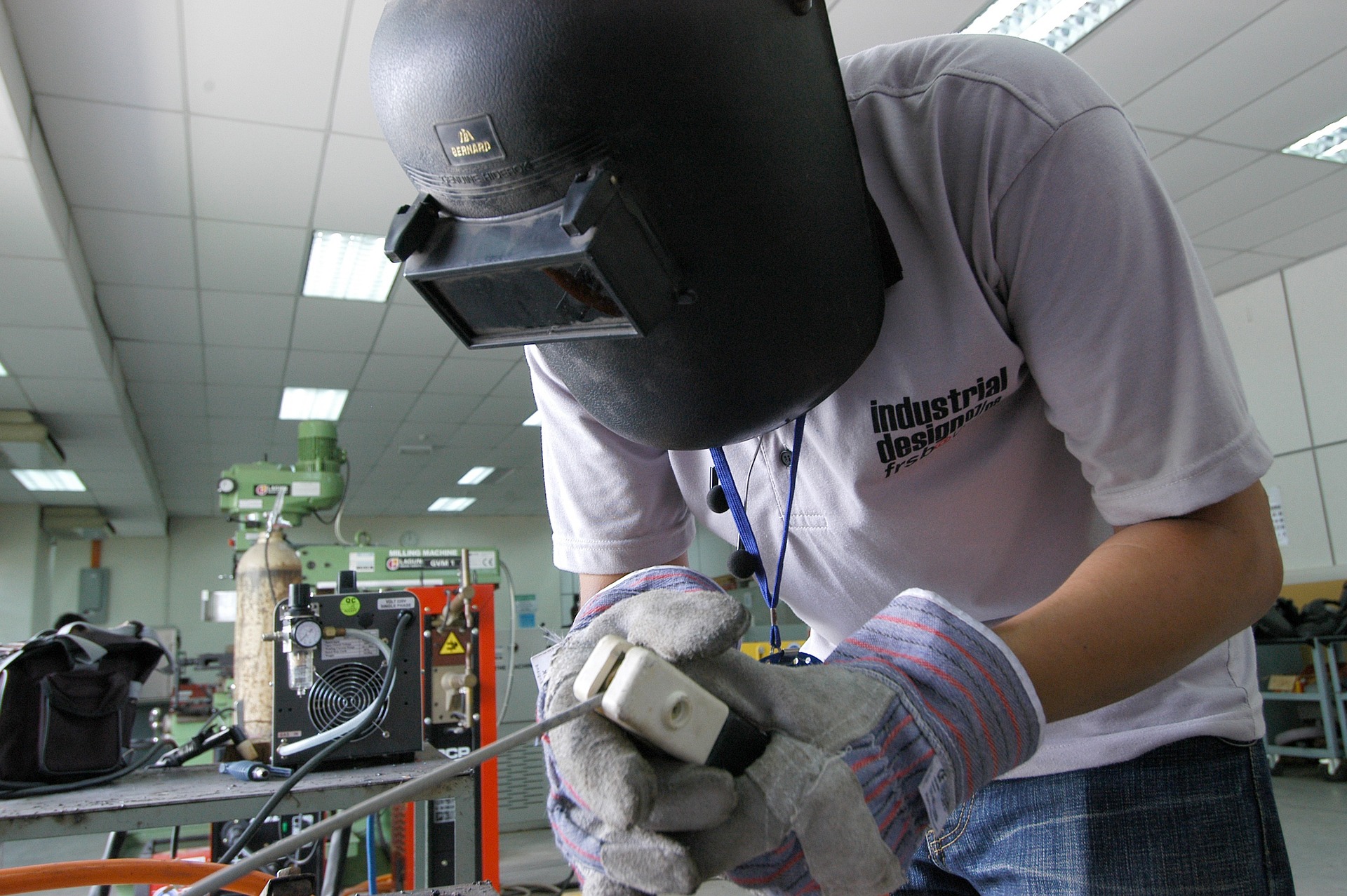Engage in Product Packaging Tasks: Tips for a Reliable Path
The food packaging industry offers various opportunities for individuals seeking to develop practical skills in a structured environment. Product packaging tasks involve handling, inspecting, and preparing food items for distribution according to quality standards and safety protocols. These positions require attention to detail, physical stamina, and the ability to work efficiently in fast-paced settings. Understanding the fundamentals of product packaging can provide a foundation for career growth in the manufacturing and food production sectors, while also building transferable skills applicable across multiple industries.

Why Engage in Product Packaging Tasks to Enhance Your Skills?
Product packaging tasks provide an excellent opportunity to develop a diverse skill set that extends beyond the immediate job responsibilities. When working in food packaging, individuals typically develop strong attention to detail as they inspect products for quality issues. The nature of the work also fosters time management abilities as employees often need to meet production targets while maintaining quality standards. Additionally, packaging roles frequently involve teamwork in assembly-line settings, helping to build collaboration and communication skills.
Food packaging work also tends to improve physical coordination and stamina, as positions often require standing for extended periods and performing repetitive motions with precision. For those new to the workforce, these entry-level positions provide valuable experience with industrial equipment and manufacturing processes. The structured nature of packaging tasks helps develop discipline and reliability—qualities highly valued across all industries. These transferable skills become valuable assets when pursuing future career opportunities, whether within food production or other fields.
How Can Hands-on Training Improve Your Ability to Manage Tasks?
Hands-on training in food packaging environments substantially improves an individual’s capacity to handle complex tasks effectively. Unlike theoretical learning, practical experience in packing and quality checking provides immediate feedback, allowing workers to refine their techniques in real-time. This experiential learning approach helps develop muscle memory for repetitive tasks, increasing efficiency and reducing errors over time.
Most food packaging facilities implement structured training programs that gradually introduce employees to different aspects of the production process. These programs typically begin with basic safety protocols and hygiene standards before progressing to machine operation and quality control procedures. Through this progressive hands-on approach, workers gain confidence in handling different types of packaging equipment and develop troubleshooting skills for common issues. The practical nature of this training also helps individuals better understand the importance of food safety regulations and quality assurance processes, knowledge that remains relevant throughout a career in food production.
What Makes Applying for Product Handling Processes Simple?
The application process for food packaging positions has become increasingly streamlined through digital platforms. Many food production companies now maintain user-friendly career portals where candidates can search for available positions based on location, shift preferences, and experience level. These online systems typically allow applicants to create profiles with their work history, education, and relevant skills, which can then be used for multiple applications within the same company.
Job aggregator websites also list numerous food packaging opportunities, with filtering options to narrow down searches based on specific criteria. Many facilities accept applications on a rolling basis due to regular staffing needs, making these positions generally accessible throughout the year. The qualification requirements for entry-level packaging roles tend to focus more on reliability, physical capability, and attention to detail rather than formal education, creating opportunities for individuals with diverse backgrounds. This accessibility makes food packaging an attractive option for those seeking to enter or re-enter the workforce with minimal barriers.
Understanding the Industry Standards and Requirements
Food packaging operations adhere to strict regulatory standards to ensure product safety and quality. Workers in this field must understand and follow Good Manufacturing Practices (GMPs), which include proper handwashing, wearing appropriate protective equipment, and maintaining clean work areas. Many facilities require employees to obtain basic food handler certifications, which cover essential food safety principles. These credentials are typically accessible through short courses that can be completed online or in person.
Physical requirements vary depending on the specific role but generally include the ability to stand for extended periods, lift items of varying weights, and perform repetitive motions. Employers look for individuals who demonstrate reliability, punctuality, and the ability to maintain focus during routine tasks. While previous experience is beneficial, many companies provide comprehensive training for new employees. Understanding these industry standards before applying helps candidates prepare appropriate responses during interviews and demonstrates their commitment to maintaining the integrity of food products.
Compensation and Career Advancement in Food Packaging
The compensation structure for food packaging positions varies based on factors including location, company size, experience level, and shift type. Entry-level packaging associates typically earn hourly wages rather than annual salaries, with opportunities for overtime pay during busy production periods.
| Position Level | Typical Responsibilities | Average Hourly Compensation Range |
|---|---|---|
| Entry-Level Packaging Associate | Basic packing, labeling, simple quality checks | $13.00 - $17.00 |
| Experienced Packaging Operator | Machine operation, advanced quality control | $16.00 - $22.00 |
| Team Leader/Supervisor | Oversee operations, train staff, resolve issues | $19.00 - $26.00 |
| Quality Control Specialist | Implement quality systems, conduct inspections | $18.00 - $25.00 |
Prices, rates, or cost estimates mentioned in this article are based on the latest available information but may change over time. Independent research is advised before making financial decisions.
Career advancement opportunities exist within the food packaging industry, with many companies promoting from within. Entry-level workers who demonstrate reliability and attention to detail may advance to machine operator positions, quality control roles, or supervisory positions. Some larger food manufacturing facilities offer tuition assistance programs or specialized training that can help employees develop technical skills relevant to food production and packaging technologies. This industry experience also provides a foundation for careers in related fields such as logistics, supply chain management, or food safety compliance.
Building Long-term Value From Product Packaging Experience
Experience in food packaging provides value that extends beyond immediate employment. The food production industry remains relatively stable even during economic downturns, offering consistent employment opportunities. The structured nature of packaging work helps individuals develop strong work ethics and time management skills applicable to various career paths. Many former packaging workers successfully transition to roles in quality assurance, production planning, or logistics coordination after gaining foundational experience.
The technical knowledge acquired while working with packaging equipment and materials creates pathways to specialized positions in maintenance, machine operation, or even equipment sales. For those interested in food science or product development, hands-on packaging experience provides valuable context about production capabilities and constraints. Whether used as a stepping stone to other career opportunities or as a long-term employment path, food packaging experience demonstrates adaptability, attention to detail, and practical problem-solving abilities—qualities valued across industries and positions.
This article provides general information about the food packaging industry and does not represent specific job openings or employment opportunities. All information presented is for educational purposes to help readers understand typical industry practices and requirements.




